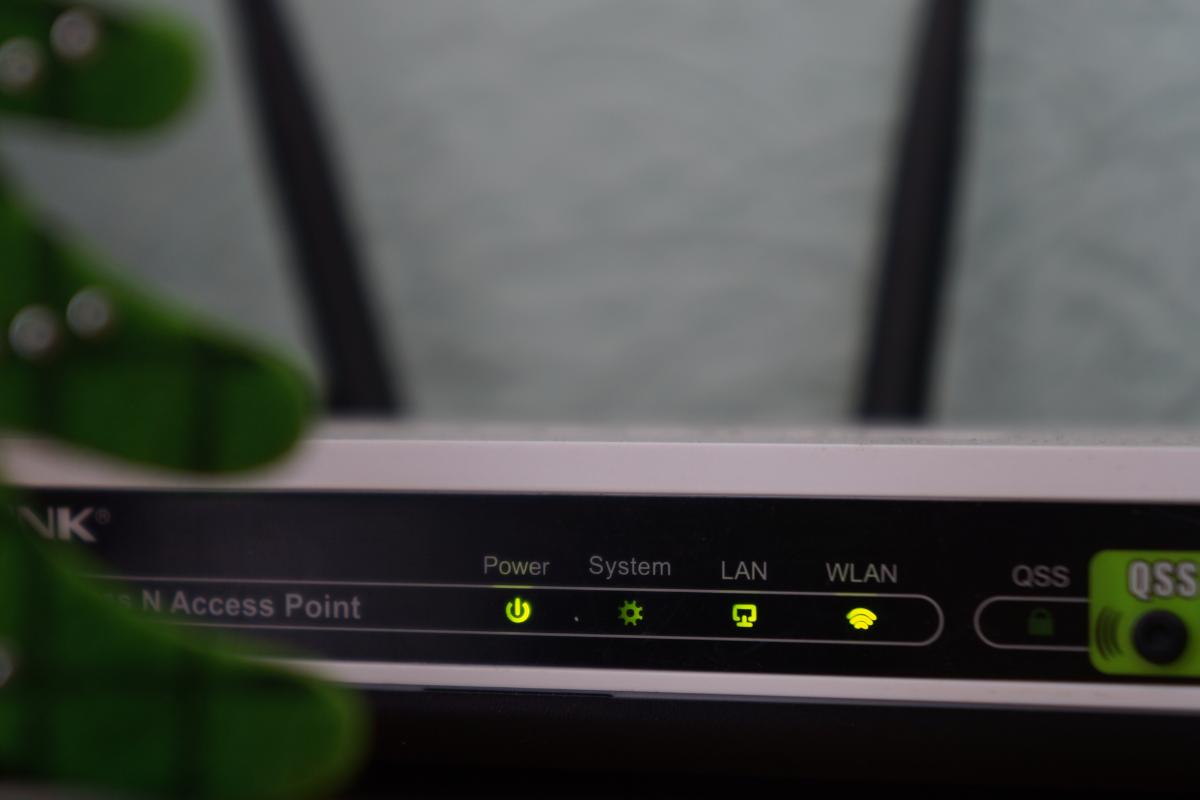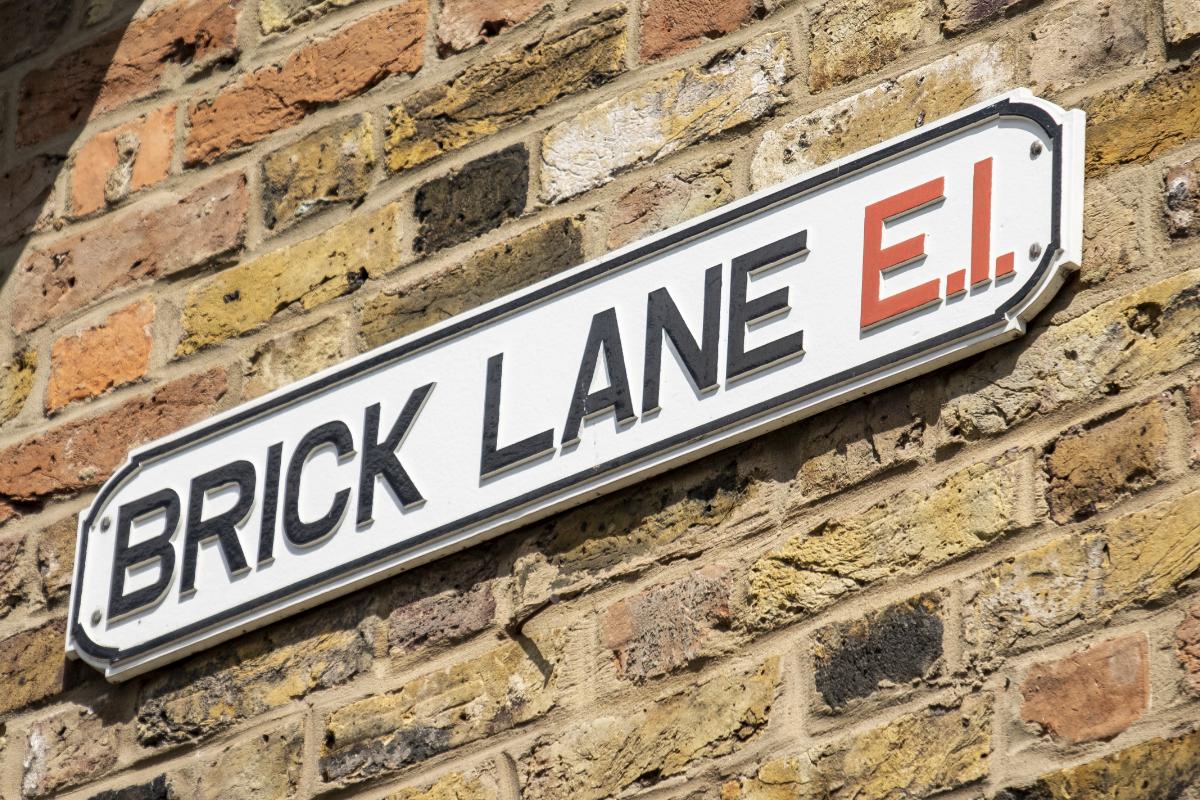
Setting up broadband and utilities may seem straightforward and easy, but it can be trickier than you expect. Whether you are moving to a new property or switching from one broadband provider to another, here are 5 pieces of advice to help you get started on setting up broadband in the property.
1. Are landlords required to set up broadband for tenants?
It is not a legal requirement for landlords to set up broadband, television license and a landline telephone for tenants. However, some landlords may provide all of these to make the property more attractive to tenants. You can check with the landlord before you sign the contract to confirm this.
If you need to set up your own broadband, shop around and compare packages to find the perfect one that suits you. There are many providers with different speed and contract lengths out there on the market - sometimes you may also land on a good promotional deal.
2. Can tenants change the original broadband plan that the landlord used?
Including utilities in the rent can be a great bonus for tenants, especially for a shared house or student accommodation. Therefore, it is not uncommon that your landlord does provide internet that is included in part of your rent.
If the internet is included but you are not satisfied with the broadband service, you may want to compare packages in the market and find one that is the most suitable to start with. This is an important step. Just because your friends or your landlord used a certain package with a particular company, doesn’t mean the package is appropriate for your specific needs - it’s like choosing your mobile service provider!
Once you have done your research and found the perfect package, discuss with your landlord to see if they are happy with the switch. Most landlords will allow broadband plans switching if they are not in the middle of a fixed-term contract, but it is important to communicate with your landlord before moving forward with the switch. Bad communication can negatively affect the relationship with your landlord, which is not the best situation to be in.
For tenants who significantly rely on internet speed, such as freelancers who work at home, it may be a good idea to chat through that with your landlord before signing the tenancy agreement to avoid disappointment.
3. Where to find a good broadband deal
Many service providers offer bundles of broadband and phone deal together at a cheaper price point. If you do not need a new phone provider, you may want to consider a bundle of broadband and TV, such as Sky and Virgin Media.
Despite the attractive offers on promotion, don’t feel obliged to opt for a bundle simply to take advantage of a discount. If you don’t need these additional services, choosing a simple package will be more economical and sustainable in the long run.
With a wide range of broadband providers competing against each other, it is always good to compare prices and deals from different companies. Keep in mind that the deals may have different contract lengths, internet speed and additional cost such as set up fees. It is important to look through the small prints carefully before committing to a plan.
Also, there are many price comparison websites that come in handy when it comes to deal hunting - they can help homeowners and tenants find the right broadband plans.
4. What to do if you are tied in a current broadband contract
Whether you are moving into a new property or simply not happy with the current broadband service, there are few things to note before switching to a new provider.
Prior to signing a new tenancy agreement, you can check with the landlord regarding utilities and broadband situations. As mentioned above, some landlords may provide broadband. In this circumstance, you will have to either cancel your current broadband contract or carry that over to your new property and inform your landlord regarding the situation. It is important to keep your landlord in the loop instead of quietly switching services.
Before you start thinking about switching providers, the first step to take is to check your current broadband contract. When you first signed an agreement, it is likely to be a 6, 12, 18 or 24 months fixed-term contract. Normally, when you have completed the fixed-term contract, your contract will automatically go into a rolling monthly contract, unless a new fixed-term one is signed.
If you are planning to switch whilst you are tied in a fixed-term broadband contract, it is common for providers to ask for an early termination fee. The termination fee is usually your monthly fee multiplied by the number of months left. So if your monthly fee is £10 with 6 months left, you will need to pay £60 to your current provider. Some broadband providers might kindly waive the fee if you have been a loyal customer with excellent credit, but the chance is slim.
The process is much simpler if you have already completed the fixed term and are on the rolling monthly contract. In this case, you can cancel for free when you provide the appropriate notice, which is usually 30 days/ a month - it is advised to check the agreement you signed to be sure.
5. How to stay with the current broadband provider in your new property
Another common scenario is staying with the same broadband provider in another property. Tenants who have been using the same plan and provider may not want to switch services. If you decide to stay with your current provider, the process is usually very straightforward and hassle-free. Before your move-in date, contact your provider regarding your move and they should arrange a switchover on an agreed date.
In most cases, your old router should work perfectly fine in your new home. But if an engineer is required for the new set-up, your provider will arrange that with you.
However, on the rare occasion, providers may not be able to offer service at your new residence due to technical reasons. Hence, it is important to communicate with your provider before the actual move to make sure everything goes smoothly.
Looking for your next home? You can find available properties in your area or sign up for alerts now so you can be the first to know.






